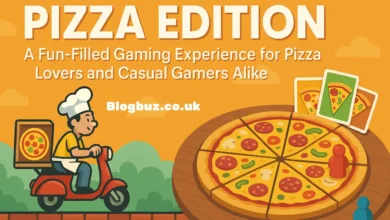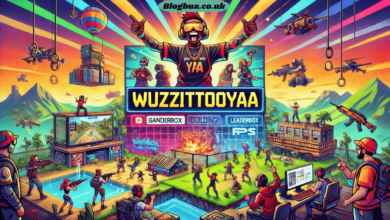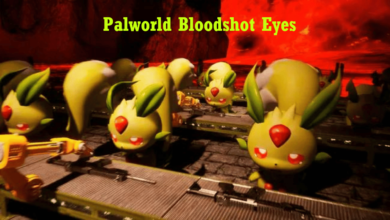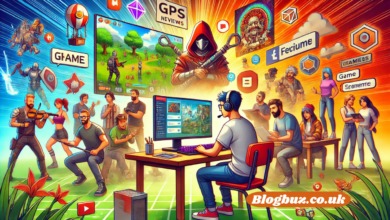How to Use Blockchain in a Game
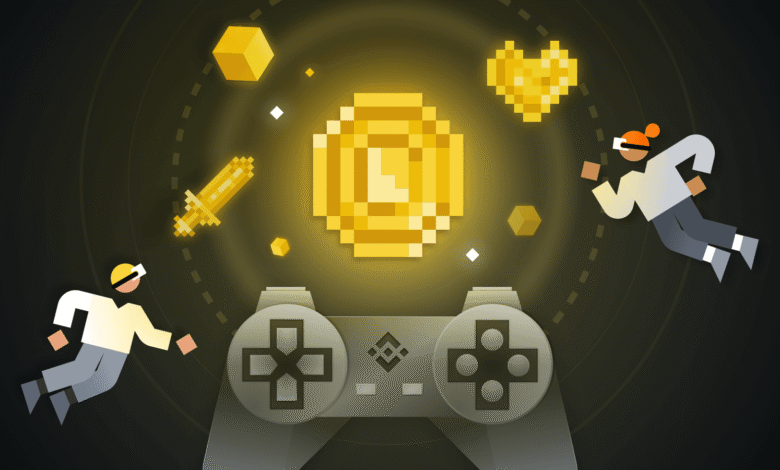
Blockchain in gaming is neither magic, nor is it hype. It is a tool that gives players real ownership and developers new monetization opportunities. But how exactly can it be integrated into a game without turning everything into a technical nightmare? If you work with Unity, the smartest solution is to turn to custom unity game development services that understand not only blockchain but also game design.
Let’s talk about the essentials. No philosophy, but with respect for the details. You want to know how to use blockchain in a game. I’ll show you.
Why should you use blockchain at all?
There are several reasons why it’s more than just a fad.
- First, transparency. Data is stored in a decentralized manner. No one can rig the game’s economy because all information is available to players.
- Second, real ownership of assets. If you buy a sword or skin, it’s no longer just an entry in a database. It’s an NFT. Yours. Forever.
- Third, portability. Game progress and equipment can be utilized in other games. Or perhaps sold.
Where does blockchain work best?
There are several proven scenarios where blockchain is already proving beneficial.
- NFT items in games. These are not just pixels. They are unique assets. Imagine a character with a custom skin that exists as an NFT. It can be sold on a marketplace such as OpenSea. And you will actually receive money.
- Play-to-Earn. In these games, players earn tokens. Literally. For battles, for building, for progress. Examples include Axie Infinity and The Sandbox. People don’t just play there. They build careers.
- Decentralized markets. Want to sell something to another player? You can do it directly. No middlemen. No 30 percent commissions. Everything is done through smart contracts. Honestly and quickly.
- Cross-game integration. Consider whether your NFT from one game works in another. This is not sci-fi. Enjin and Gala Games have already begun testing similar features. This opens the door to multiverses in which assets last longer than the game itself.
How to add blockchain to a game?
Now let’s get down to business. There are four key steps to consider.
Step 1: Choose a blockchain. Ethereum is the most famous. But it’s expensive. Polygon is cheaper, faster, and ideal for games. Solana is also an option, especially if speed is important to you. Focus on the needs of the game, the number of transactions, and your budget.
Step 2: Implement the SDK. If you use Unity, there are ready-made SDKs: Moralis, ChainSafe Gaming SDK, Web3 Unity SDK. They allow you to integrate blockchain without any hassle. Connecting wallets, calling smart contracts, storing data — everything is already there.
Step 3: Connect wallets. MetaMask or WalletConnect is like logging in via Google, only in the world of Web3. The player connects their wallet, and from that moment on, all interaction is via blockchain. It’s simple, safer, and the player is in control.
Step 4: Test and protect. Smart contracts must be bug-free. Order an audit. Stress testing won’t hurt either. If you’re launching a multiplayer game on the blockchain, not checking the load is like driving a car without brakes.
What to look for?
Blockchain is not perfect. There are nuances.
- Regulation. If the game has tokens, it’s already similar to a financial instrument. KYC may be required.
- UX. Not all players are familiar with crypto. The interface must be simple, or they will simply leave.
- Delays. Blockchain is not always fast. Especially Ethereum. Plan the mechanics so that it does not destroy the gameplay.
Conclusion
Blockchain is not a magic button to “make the game cool.” It is a tool. If integrated correctly, it will give players a new level of engagement and developers new sources of income.
You can try to do everything yourself. But if you want to avoid mistakes and spend your time on the game rather than learning Solidity, it’s better to turn to custom Unity game development services that have already gone down this path. Your game deserves to have a long life and generate revenue. And blockchain is a real way to make that happen.

